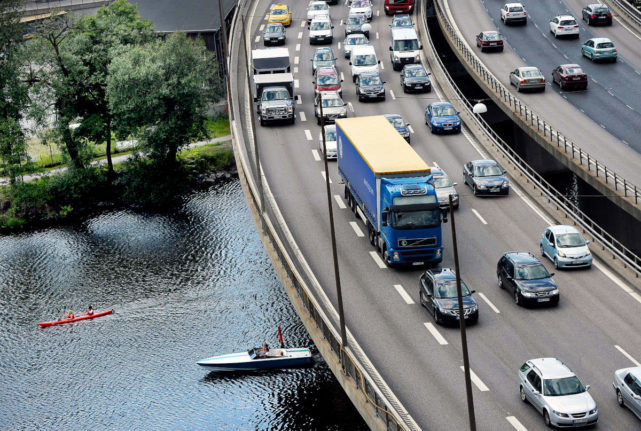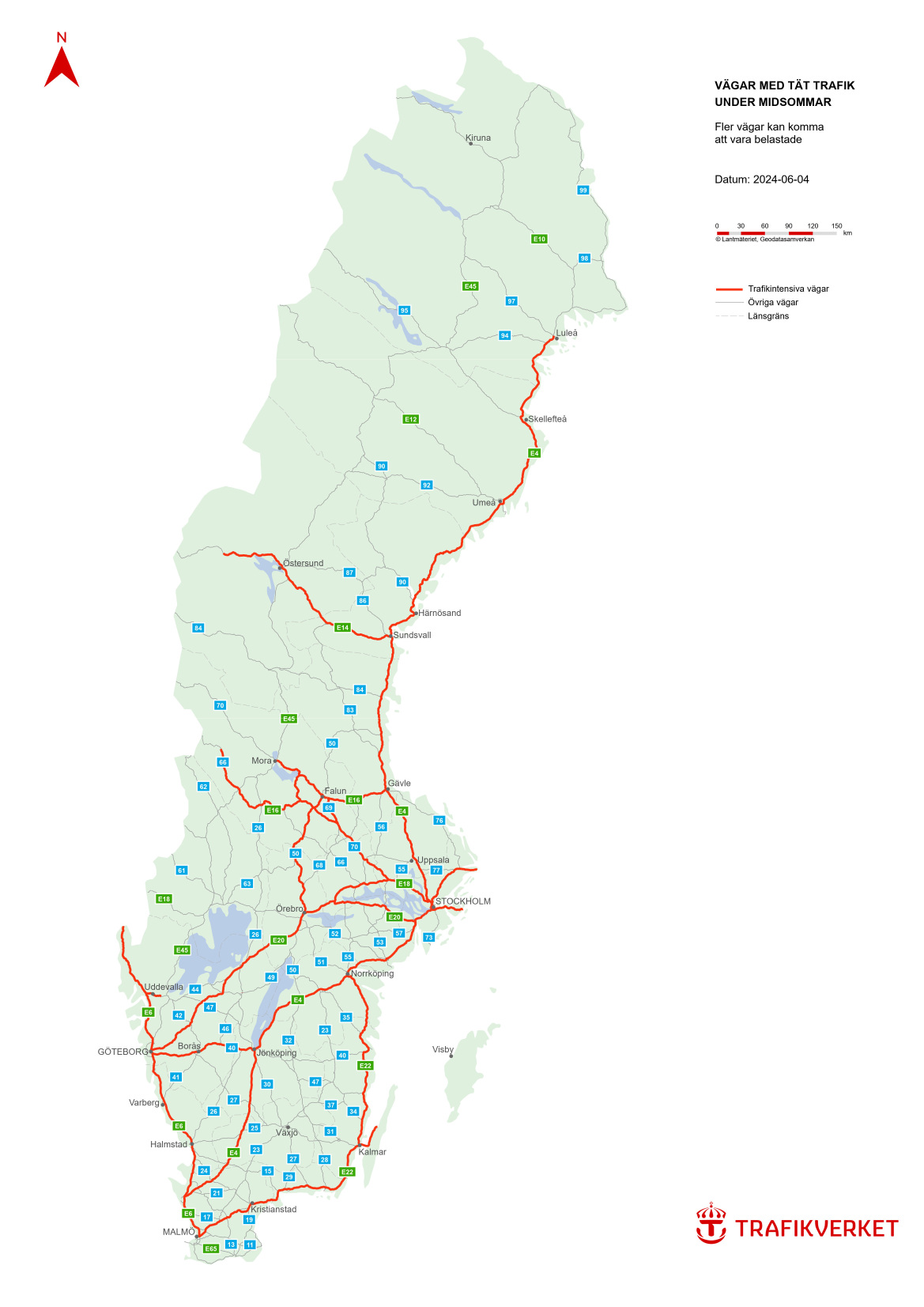The replacement of track, junctions and contact lines means that there will be track closures between Stockholm and Malmö, as well as the Norrköping-Hässleholm line.
Travel will be possible between these stations, but will take place via the western mainline instead.
No tickets have been sold for the affected lines, so there will not be any cancellations for those who have booked journeys, according to previous information given to TT newswire by Jonas Olsson from train company SJ’s press office.
However, the diversion via the western mainline means that a journey with a usual length of around four hours will take closer to seven.
Rail replacement buses will be also be in place.
Sweden’s Transport Administration has been planning the engineering works for around a year and a half.
“The reason it is happening now is a growing need for updates on the railway,” project leader Jenny Nilsson told TT. “We want to carry out as much work as possible in a short period to avoid unplanned disruptions in the future.”




 Please whitelist us to continue reading.
Please whitelist us to continue reading.
Member comments